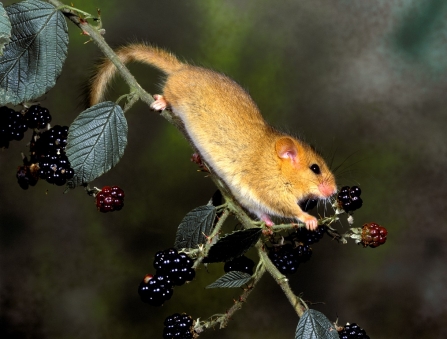It seems that the dry, hot summer has ushered in what is known as a ‘false autumn’, in which some trees are abandoning their normal seasonal cycle and closing down prematurely in an attempt to survive by conserving water and energy.
A leading local nature conservation charity is now warning that this ‘false autumn’ may be a sign of wider problems for wildlife in coming months. Devon Wildlife Trust says that when October and November do arrive the usual bounty of wild foods may already be depleted, leaving a real risk of scarcity for birds and mammals.
Devon Wildlife Trust has seen evidence of the ‘false autumn’ at many of the 60 nature reserves it manages across the county.
The Trust’s Steve Hussey said:
“Our staff and volunteers have reported seeing lots of trees whose leaves have turned brown prematurely. Many trees are also shedding their leaves two or even three months ahead of when we’d expect them to. A member of our nature reserves’ team told me that in the 30 years he’s been working on his sites he’s never known it to be drier and for so many trees to have experienced leaf loss so early in the year.”
Leaves which are turning prematurely brown and being shed are signs that a tree is stressed and attempting to conserve water which would otherwise be lost in the normal process of photosynthesis. It is a problem which is especially acute in young trees which lack the deep root systems that older trees use to reach water.

